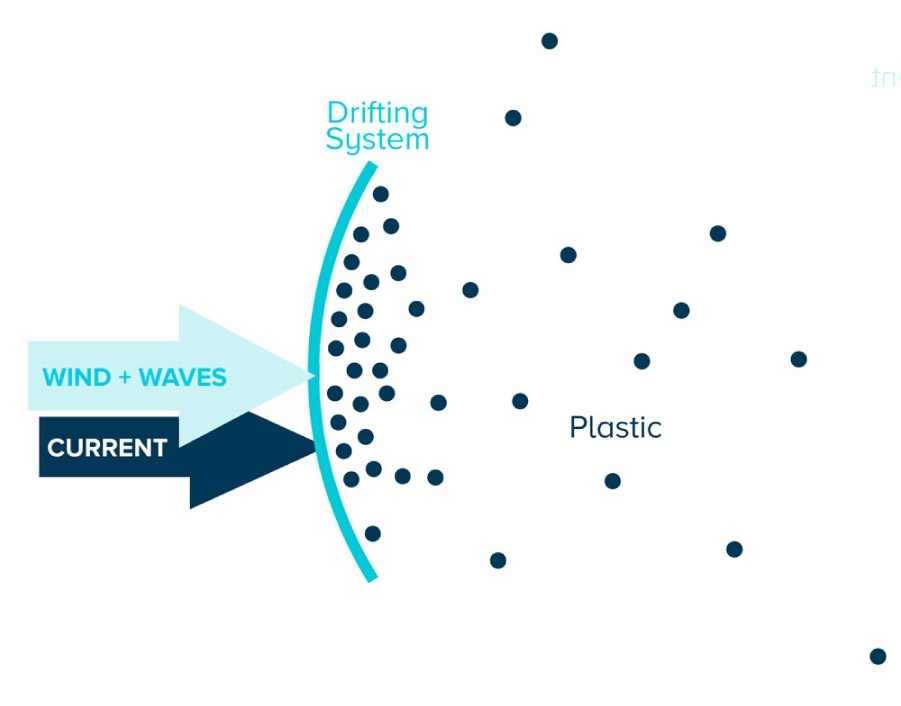Whaling, fishing for plastic and the Great Pacific Garbage Patch
We swam into the new year after a sparkling Christmas which even saw Scuba Santa visit our sharks, and his visit was seen all around the world. We can’t wait to see what he brings to the tanks next Christmas!
2019 rolled in with a bang and as we strive to carry on our research and teaching we’ve enjoyed a good start to the New Year. We’ve had our fun feeding sessions, and interesting talks handling various different topics. On a typical Monday we might have a long list of talks including:
- Jellyfish talks
- Piranha talks
- Evolution talks
When we discuss topics openly to a group it helps to spread awareness and because you can see the creature in person, it helps you learn much faster and makes you more aware about how sensitive these organisms really are.
Japan resumes Whaling
Whales became the first big talking point as we ushered in the New Year, and this was due to the fact that Japan, a nation notorious for overfishing, and whaling, lifted sanctions around Commercial Whaling around its own shores. The controversial move abruptly ended years of progress made into the protection of our biggest species and the news has broken our hearts.
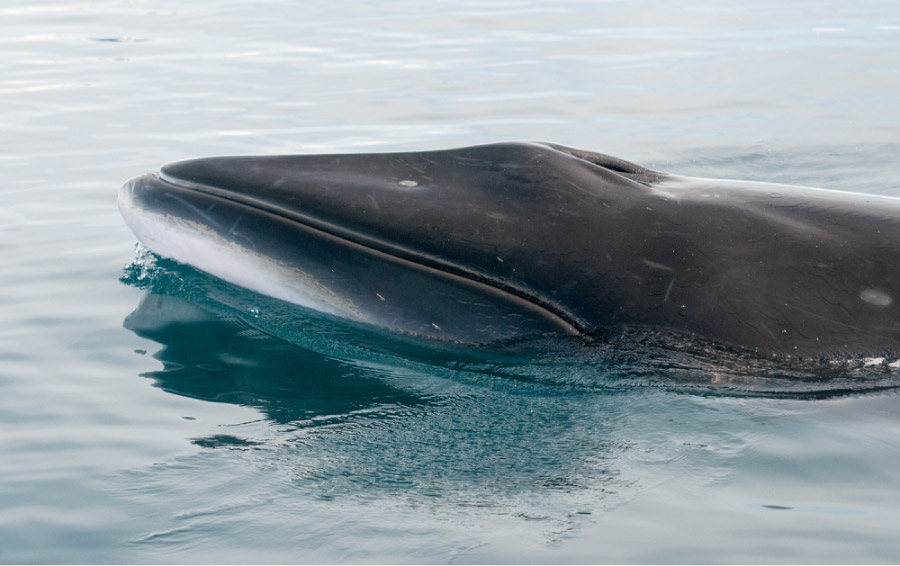
Whaling resumes for the first time in 30 years, defying the 1986 global ban on commercial whaling. As soon as the news broke, the international communities protecting whales reacted in shock and hit out at the plan of action. The scary thing is that now we do not know just how many whales will suffer and there is little trust on the reporting progress currently in place.
Japan’s decision to lift the ban came after claims were made that certain species, such as the Minke, were recovering well, following the ban.
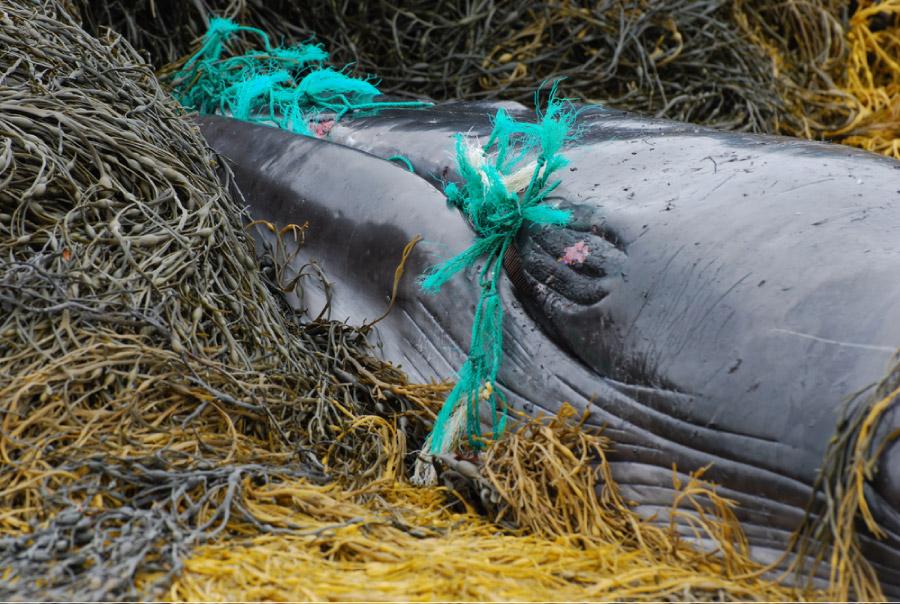
Here’s the government data on whales:
Japanese ate 200,000 tons of whale meat per year in the 1960s, and now Japan averages 5,000 tons per year. Iceland and Norway are two other nations defying the ban on commercial whale hunting, but there is a silver lining in the news.
Rather than increase their hunting territory, Japan has decided to stop hunting in the Southern Ocean, essentially shifting their territories up and above from the Antarctic to Japanese waters. Japanese whalers in the southern ocean had a terrible reputation as they often hunted in the guise of “scientific research” slaughtering millions of fish in the name of science – which many felt was complete rubbish, as scientists never required such immense death tolls. It was obvious that the hunts were taken out to supply food, and boost trade.
In summer alone, Japan killed a total of 333 whales. A staggering figure for “scientific research” and, perhaps more shocking, more than 120 of these whales were indeed pregnant females, hunted off the coast of Antarctica.
The worry now is that we will no longer have accurate figures showing how many whales they are hunting around the coastal areas of Japan, and a close eye needs to be kept on the situation. We do know that Japan has invested in millions of dollars for security on their whaling vessels, as The Steve Irwin found out the hard way following a raid last year. She was unable to stop a hunt, owing to the bulked up security forces on Japan’s whaling fleet.
Some organisations see the move as a little victory, however they are aware of the work that needs to be carried out to continue protecting our whales around the world. Japan has exited the IWC, International Whaling Commission) but Antarctica can thrive once more.
We must carry on our fight, we must protect all species and we must continue to educate future generations about whaling and its threats to the natural world.
Italy ditches cotton buds: Malta next?
Perhaps the best New Year Resolution came from our neighbours up North as Italy announced a nationwide ban on plastic cotton buds. This is not suggesting Italians will not remove their makeup or clean the ears, but they will simply do it with biodegradable cotton buds instead, hurray!
Italian authorities were alerted to the use of plastic cotton buds when a study by Legambiente found over 14,000 plastic cotton buds found spread across 245 different beach sites. Cotton buds were contributing to 9% of all plastic based litter on the beaches and the idea is to extend the ban on more plastic based products by 2020.
The European Environment Agency (EEA) backed the ban, adding that cotton buds were contributing to 4% of plastic litter on continent-wide beaches, and Italy have responded brilliantly by backing their idea with hard cash. They’ve allocated €250,000 to improve packaging, distributing and marketing of cotton buds. Fines are now in place for those companies who don’t comply, and these fines can reach up to €25,000.
Brava Italia! Can we do the same in Malta too? You can start this yourself by picking the right product the next time you go shopping.
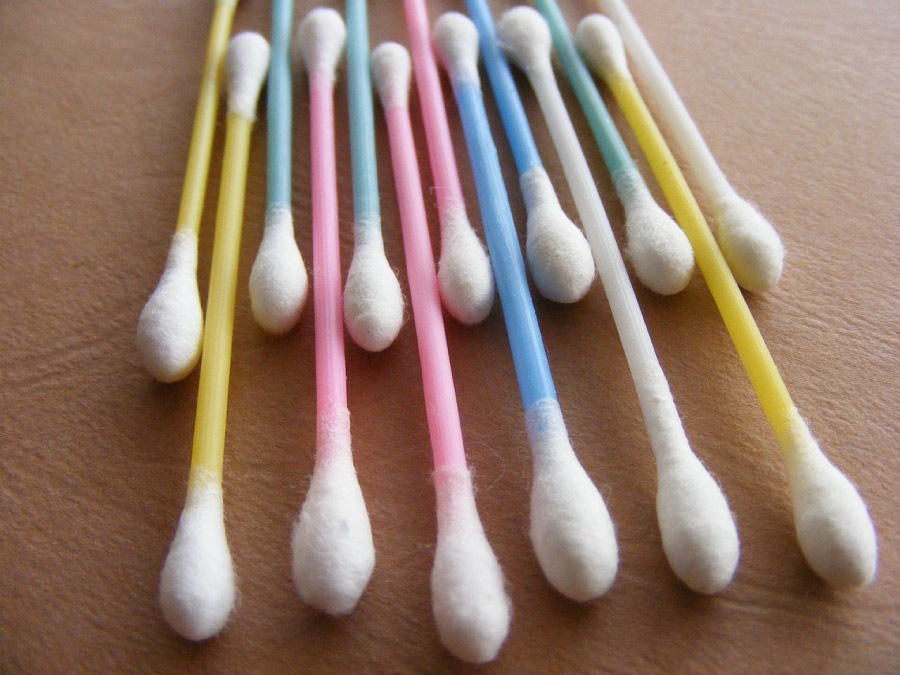
Idea of the month
End 2018 saw a fresh and original idea come out of supermarkets based in the UK. The chain Iceland, whose products are also available locally, are trialling a system called The reverse vending machine.
It’s simple:
Each plastic bottle you return, gives you 10p!
In November alone, 2580 bottles were recycled PER DAY, across five supermarkets
The return is a good initiative for the customers, particularly appealing to children who can find plenty of ways to save or spend their earnings and is of course a good catchment for discarded plastics.
Following the early figures, Tesco and Morrisons and the Co-op are also going to give the reverse vending machine a try! Which Maltese company should join the plastic revolution?
Out of the box thinking: Amsterdam
Another extremely brilliant way to tackle plastic can be found in Amsterdam. The beautiful city is known for its canals, and the Dutch have a reputation for being excellent boatsmen. Over in the city you can take various canal tours which show you a different take on Amsterdam life, and one company in particular has put the ultimate twist on their tour. You are sat in a boat made from recycled plastic, given a net, andas you take the tour your job is to fish for plastic. The plastic fished is then collected and converted into, yes you’ve guessed it: another tour boat!
It is a simple, but fantastic idea, making the tour fun, original and extremely beneficial to the city and her people.
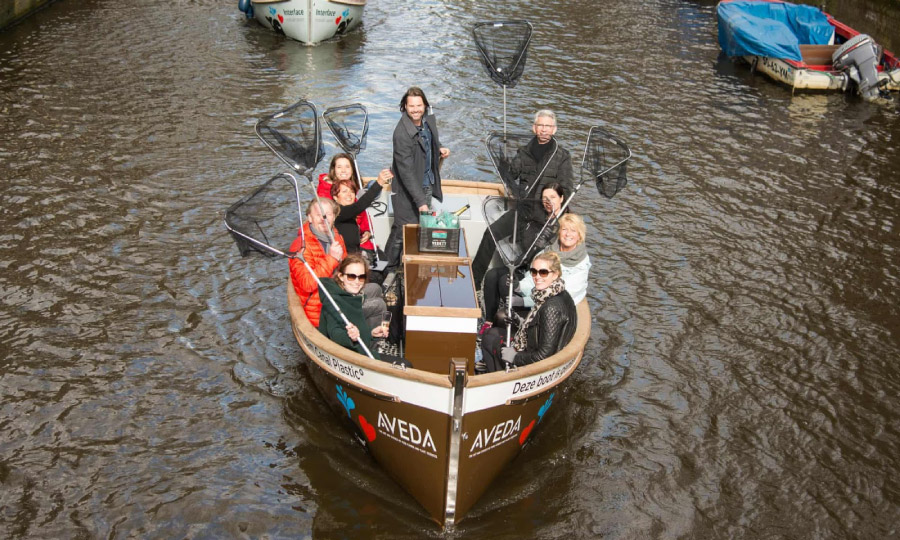
Ocean plastic clean up: an update
Sticking to all things Dutch, a young student last year had embarked on a mission: to clean the Great Pacific Garbage Patch – which as you’ve gathered by the name is exactly that: a huge collection of plastic floating around in the Pacific. Sounds disgusting enough, but that is sadly the state of the damage we are doing to the world.
There are currently five large patches of dirt, creating moving islands floating around the world, and the greatest one is located between California and Hawaii. It contains over 1.8 trillion pieces of plastic and weighs an estimated 80,000 tonnes – the equivalent to 500 jumbo jets. Dutchman Boyan Stat last year embarked on his mission, and set asail cleaning the ocean using massive plastic floats to trap floating plastics and scoop them up. He uses a float measuring 2,000 ft and his initial aim was to use nature to help nature: ie capitalise on the tide and current to help the plastic drift into containment.
His €312 million dollar project took off, however has recently been towed back to shore as the bits of plastic gathering in the system are at times floating back out. This has not discouraged his team, but rather further encouraged them to get over the teething problem. It is labelled the Largest Clean Up in History and the aim is to reduce the size of the Great Patch by half in the next five years. He wants a Plastic Free Ocean by the year 2050 and the beauty of a machine like this is that it will only get better as time passes and more problems are solved. You can find out more about the mission and even donate to the cause by clicking on their website: The Ocean Clean Up.
